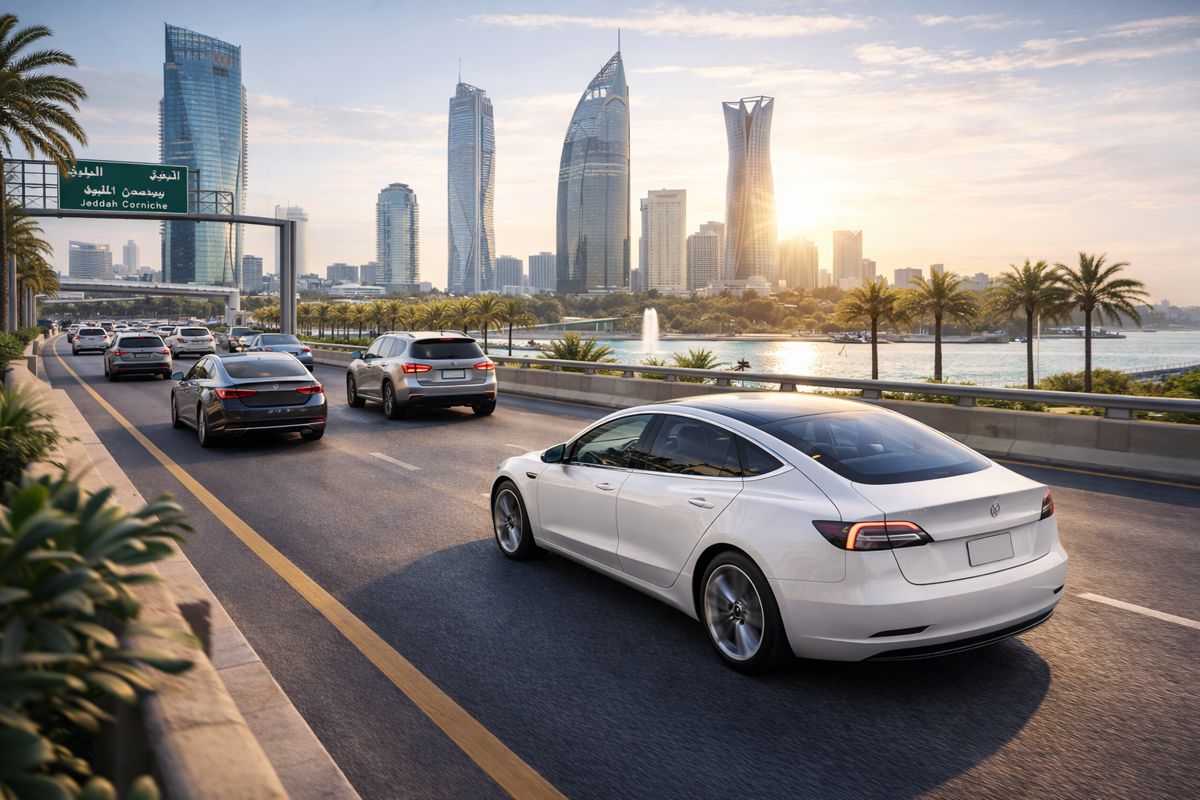What to Consider When Choosing your First Vehicle
Choosing your first car is an exciting milestone. With so many options to choose from, it’s important to make an informed decision.
Always start by checking the MOT history of any used car you’re considering. This will provide insight into how well the vehicle has been maintained over time. But beyond the paperwork, there are other key factors to consider before handing over your money.
Financing and Additional Costs
When it comes to your first car, you’ll need to think about how you plan to pay for the vehicle. Many first-time buyers opt for a car loan, but it’s important to understand how monthly payments, interest rates, and loan terms will impact your budget. Factor in the full cost of ownership, including insurance, road tax, and ongoing maintenance.
For instance, insurance premiums can vary widely between vehicles. Smaller, less powerful cars often cost less to insure, which can be a huge benefit if you’re a new driver.

Vehicle History and Condition
A comprehensive MOT history check can reveal past issues such as frequent repairs or failed tests, which might give you a clearer picture of the car’s reliability. In addition, ask for maintenance receipts if available. If the car has been well-maintained, that could be a sign that it has many good years left in it.
Visually inspect the vehicle for any obvious signs of damage, such as a cracked windshield or worn tyres, which could lead to larger costs if left unaddressed. Take the car for a test drive to ensure it runs smoothly. Pay attention to how the engine sounds, how the brakes feel, and whether you notice any unusual vibrations or noises. If you’re uncertain about the condition, it’s worth having a mechanic inspect the car before you finalise the purchase.
Safety Rating
Modern cars are generally much safer than older models, but you’ll still want to check the safety rating of any vehicle you’re considering. Look for crash test ratings from organisations like Euro NCAP to get a sense of how well a car performs in various collision scenarios.
The car’s age plays a role here, too. Newer models often come with advanced safety features such as lane departure warnings, automatic emergency braking, and parking sensors. These technologies can make driving safer and less stressful, especially for newer drivers.
Driving and Handling
Different cars offer different driving experiences. Some vehicles, like compact hatchbacks, are easier to manoeuvre in urban settings due to their smaller size. On the other hand, if you plan on driving long distances frequently, you might appreciate a car with a bit more power and comfort, such as a saloon or an estate.
If you’re not sure what’s right for you, test drive several different models to get a better sense of what suits your driving style. It’s also worth considering the car’s fuel efficiency, as more economical options can help you keep running costs low.
Choosing your first vehicle isn’t something you should rush into. Take your time to evaluate all the factors, and ensure you choose a car that matches both your lifestyle and your budget. With careful planning and a bit of research, you’ll drive away with a vehicle that serves you well for years to come.






























